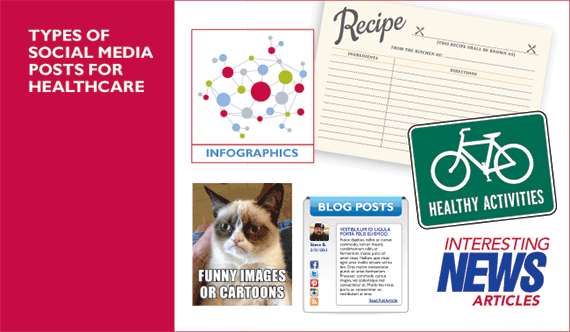HIPAA and social media in healthcare
Content strategies and patient privacy for physicians
By making physicians more accessible, social media allows them to build stronger relationships with their patients and boost patient satisfaction in a safer, healthier way. The challenge is figuring out how to walk the fine line between the casual nature of social media, and the seriousness of healthcare and the wellbeing of patients, including their privacy.

Social content strategies for hospitals and physicians
It’s important for hospitals to be reputable, but not all content on their social media accounts has to be formal. It’s also okay to make people laugh; healthcare organizations should strive to come across as human, rather than a robot churning out posts that were preloaded months in advance.
- Think of social media as a place to promote a lifestyle and attract people with similar interests by serving as an information exchange and encouraging patients to change their behavior.
- It’s okay to post marketing materials occasionally to keep patients updated on new physicians, services, and procedures available at the hospital or practice, but it should be presented in an engaging, conversational way
- Mix up content with interesting articles found on other blogs, infographics, recipes, and funny pictures.
- Give patients information that they will find helpful and can actually use.
HIPAA and patient privacy in social channels
Another reason many healthcare organizations are struggling with the use of social media is that they are hesitant to communicate with patients online due to the fear of violating HIPAA, the privacy act that restricts hospitals or physician groups from using private patient information to promote products or services without permission.
A simple rule to maintain patient privacy in social networks is that physicians should avoid talking about patients, even anonymously. That doesn’t mean they can’t find inspiration from a patient however, only that they write about the illness or condition as the subject, not the patient.
Another good idea is to give posts the “elevator test” before publishing. Read the post out loud, and if any part of it makes you uncomfortable to say in public, you probably shouldn’t post it.
For more social media tips for healthcare, download the white paper “The Socialization of Medicine.”

